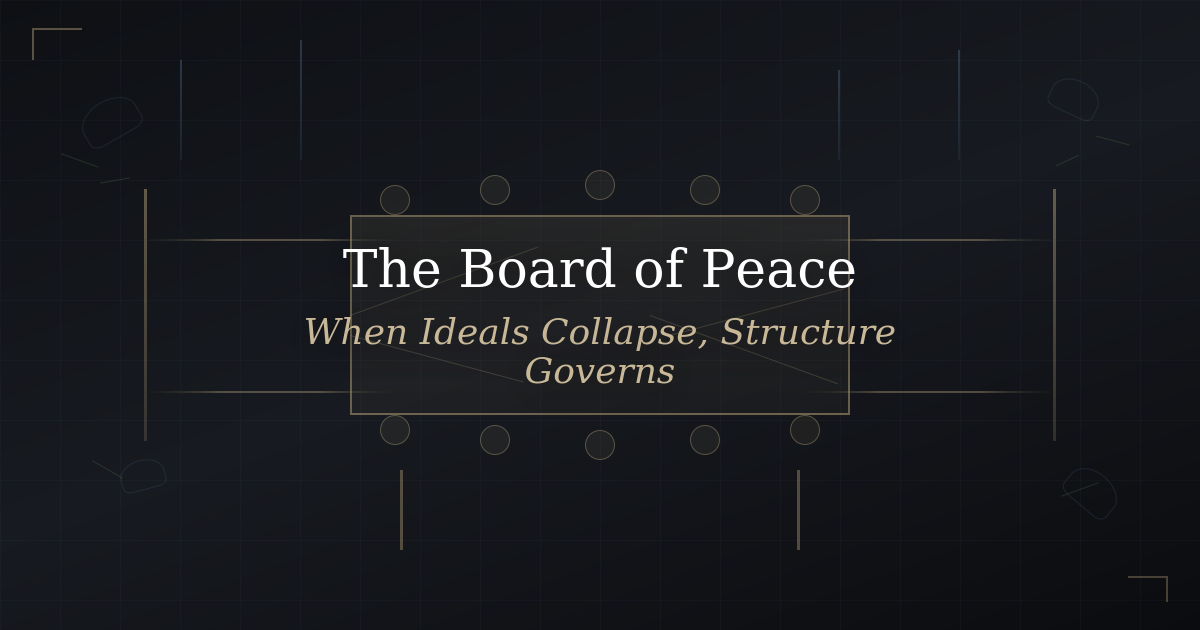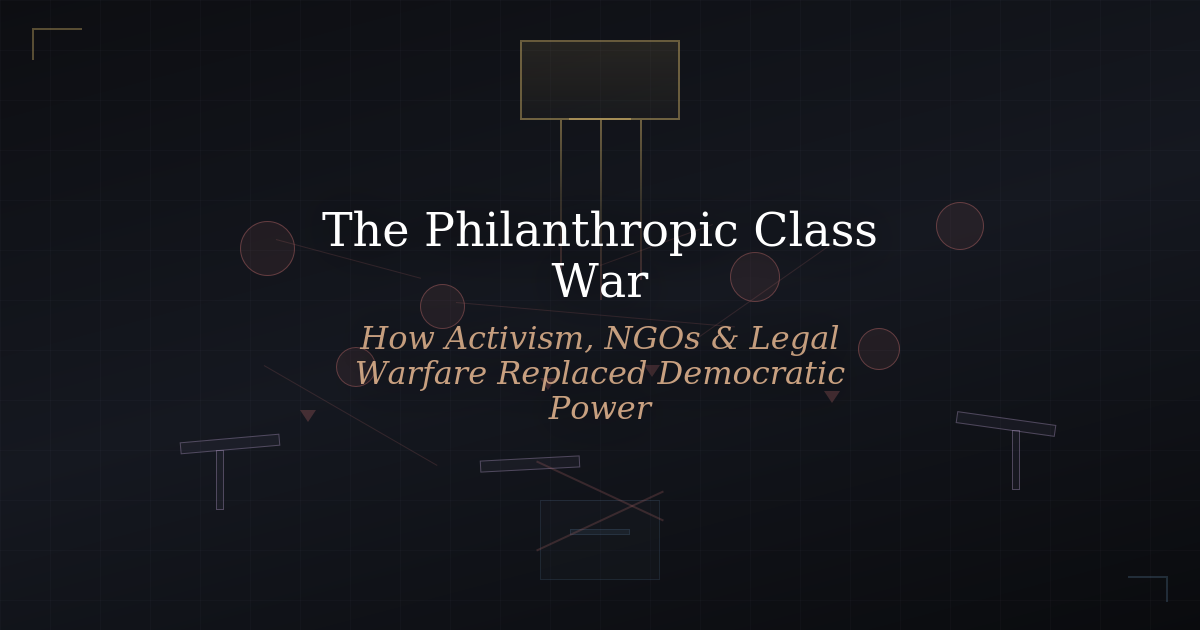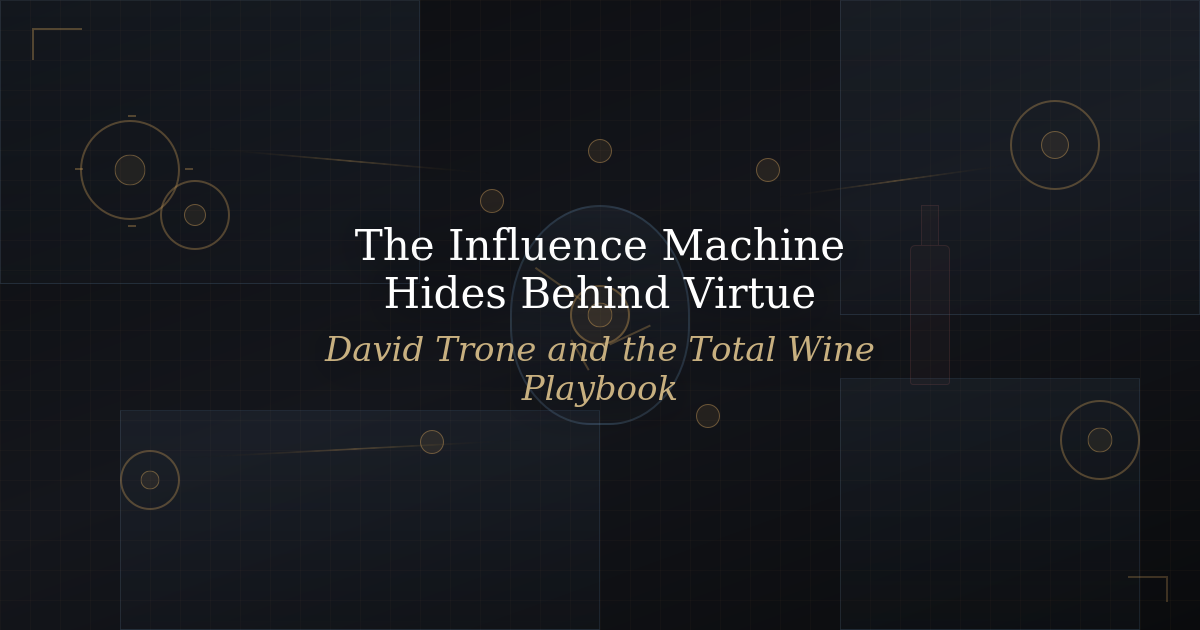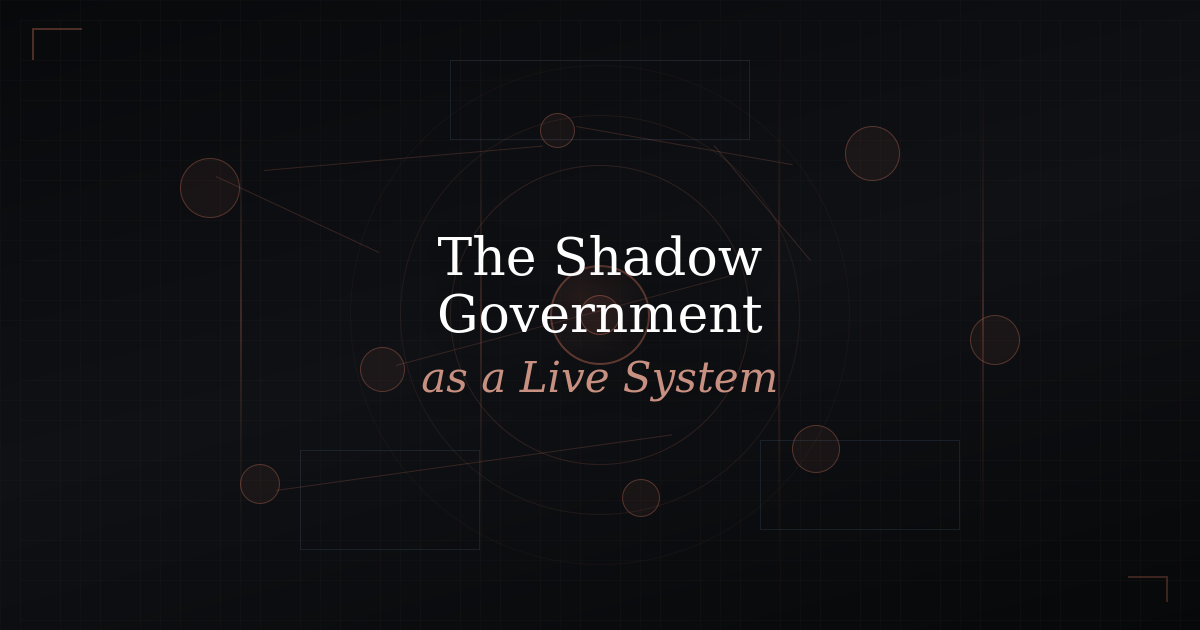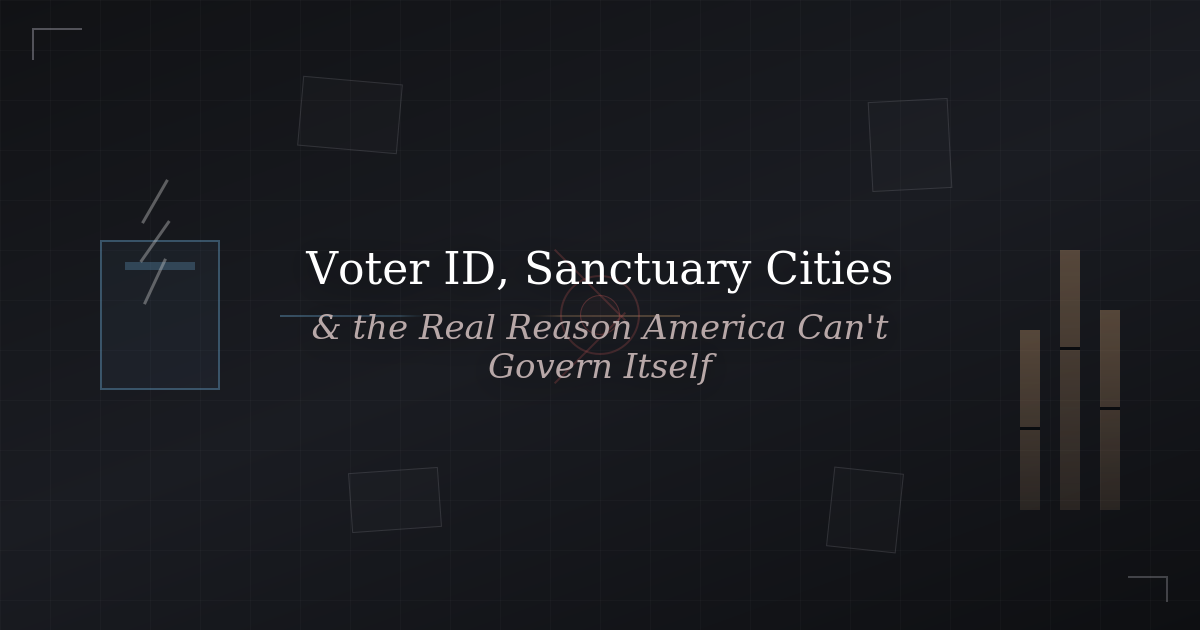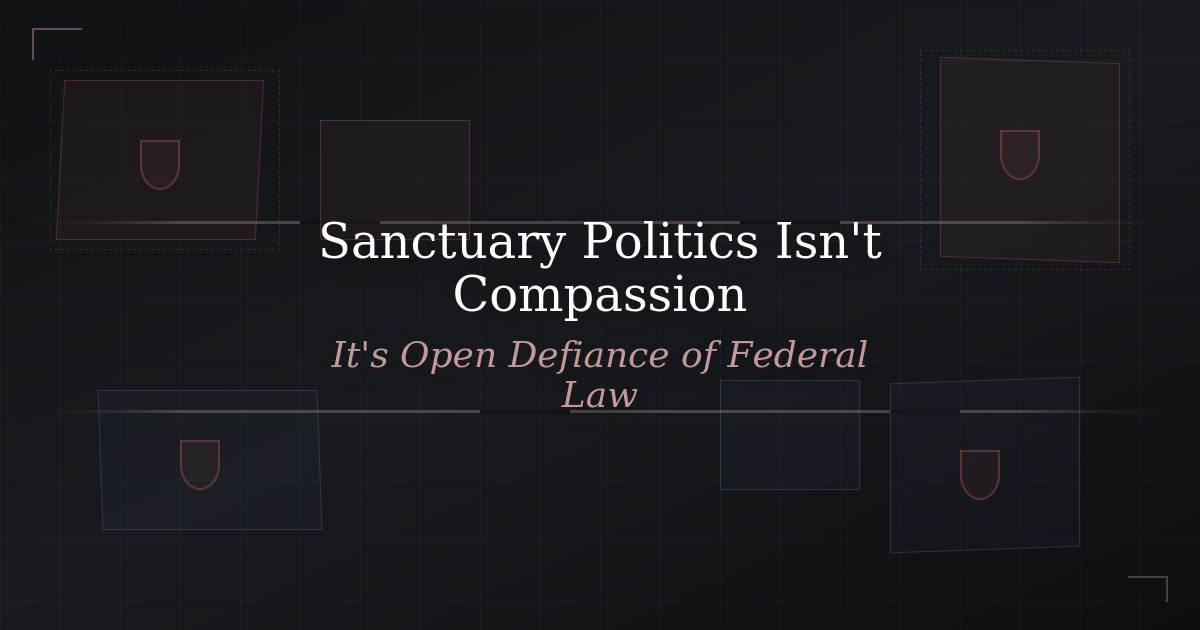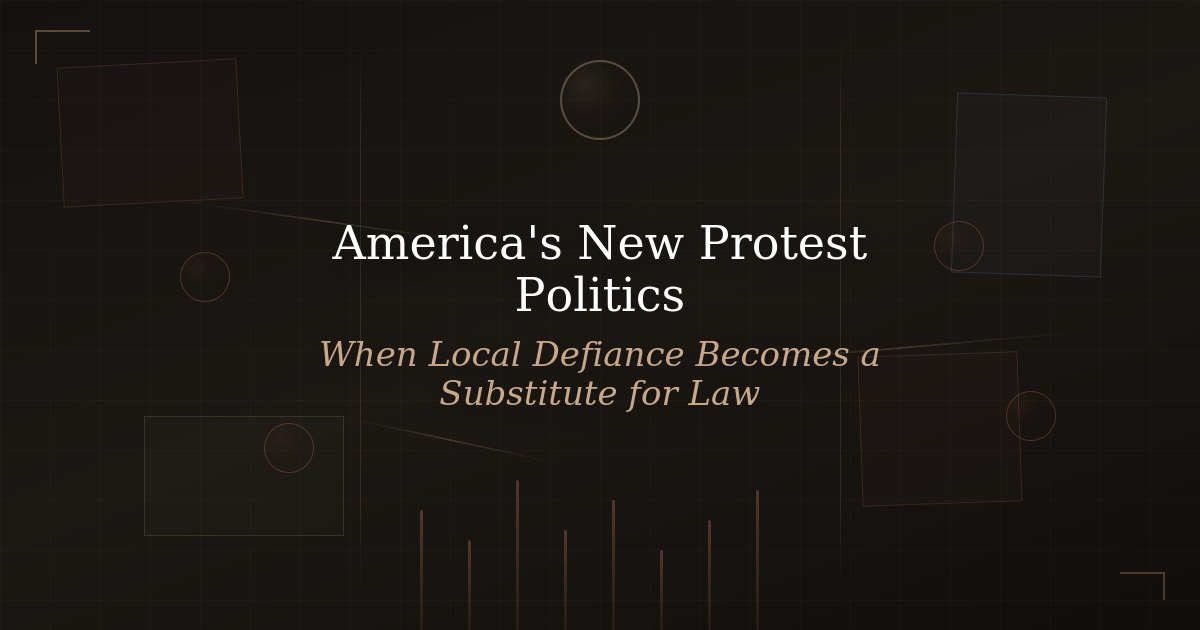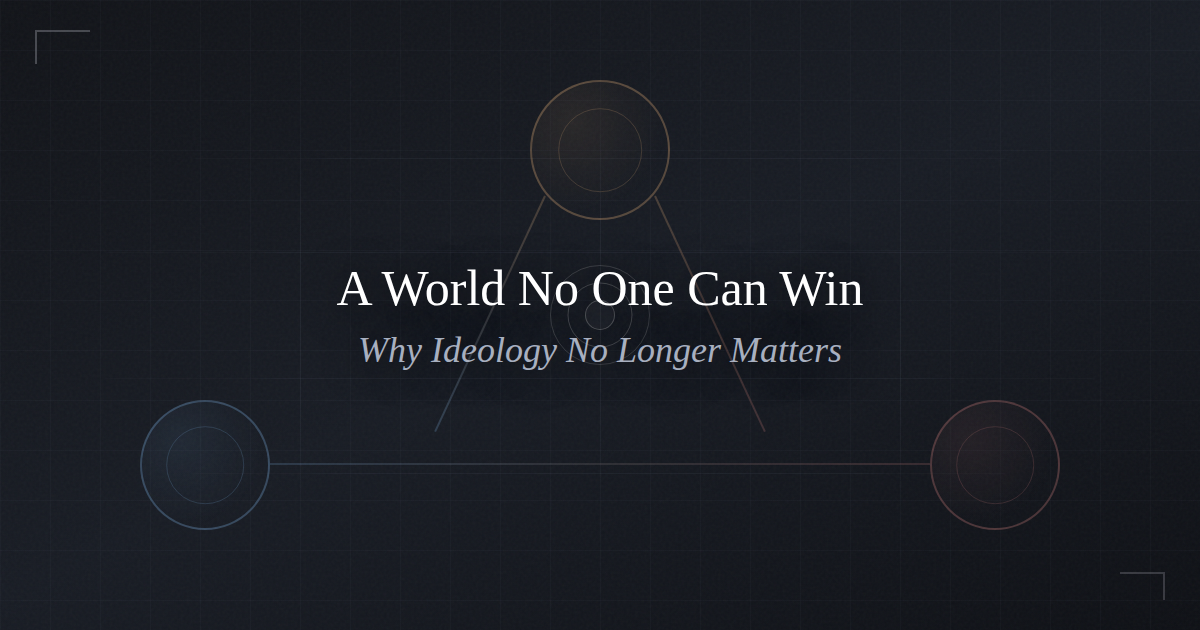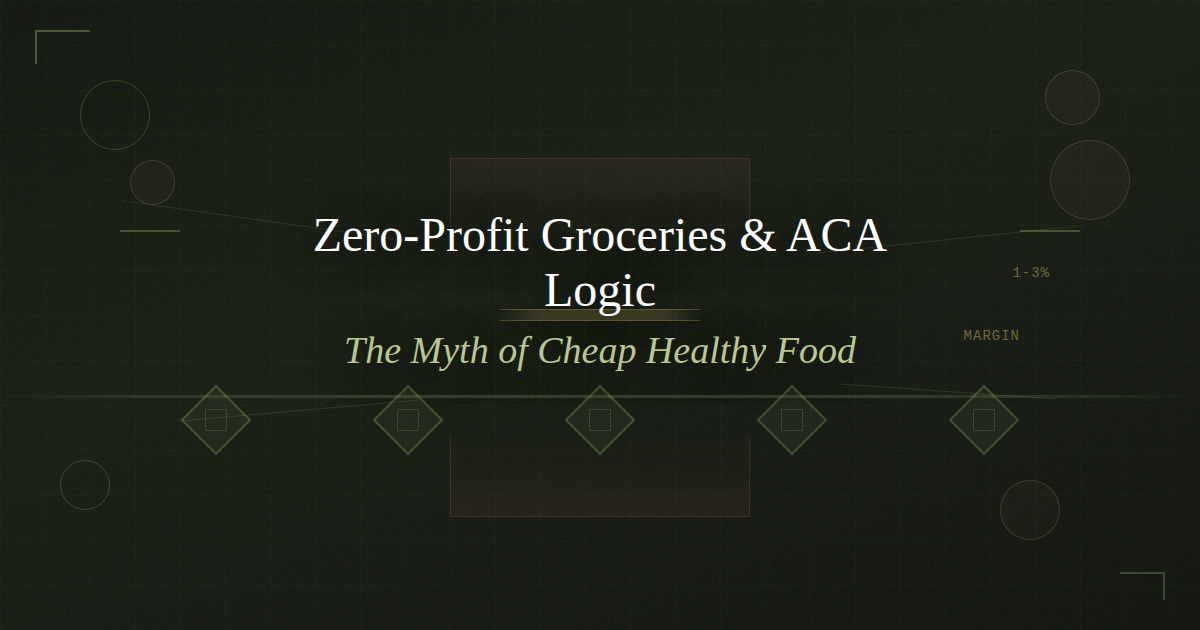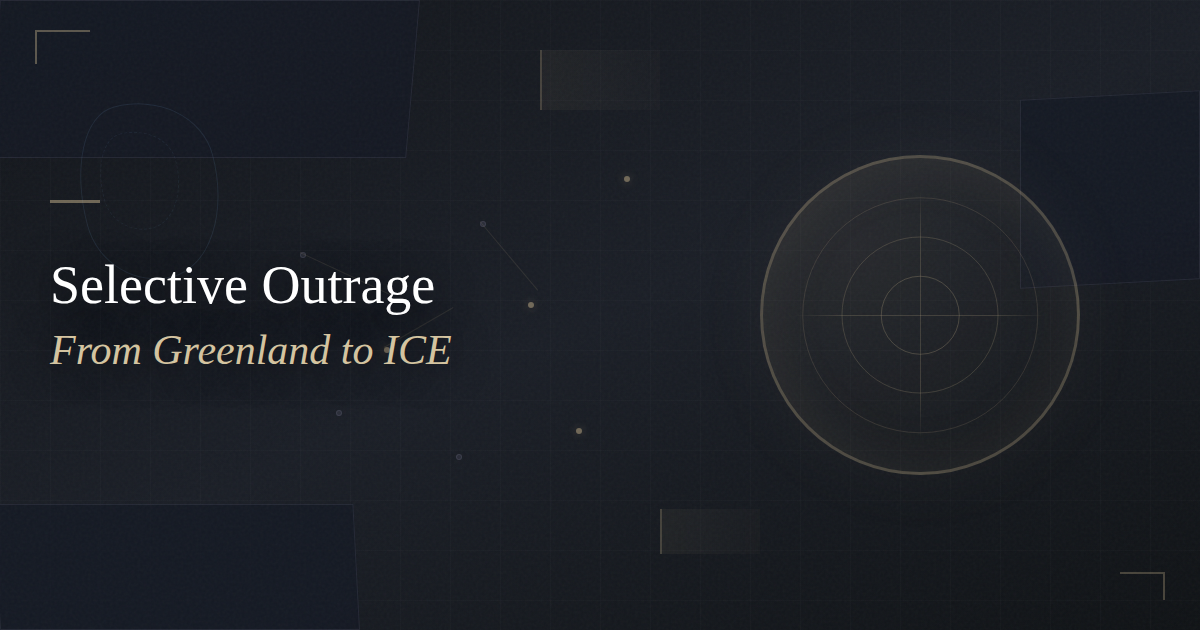Geopolitical News: The Tariff War & Social Contagion
Mass hysteria and mass manipulation—or social contagion —were evident during COVID, where fear and control were leveraged by the so-called “rulers.” Similarly, the term “tariff” triggered a socially contagious reaction from global elites and liberals. Rather than measured analysis, the world saw a hysterical stock market selloff ( see Soros ), similar to the event that disrupted Margaret Thatcher’s legacy. When Trump announced a 90-day tariff pause, liberals celebrated as if they had defeated him—but did they actually solve any problems?
The U.S. has long used tariffs to protect against cheap imports, just as other countries block imports with tariffs of their own. Under the GATT agreement, disputes were settled through negotiation. However, its successor—the WTO —evolved into a political tool focused on redistribution and “fair trade.” With limited enforcement, it devolved into sporadic action and inaction. Trump’s tariff escalation turned this stagnant process into a direct trade war intended to disrupt the global order.
1.2 The reasons for the crisis Today’s crisis affects all three functions of the WTO: negotiations have failed to modernize the rules, the dispute settlement system has de facto reverted to the days of the GATT where panel reports could be blocked, and the monitoring of trade policies is ineffective. In addition, the trade relationship between the US and China, two of the three largest WTO members, is currently largely managed outside WTO disciplines.
This isn’t protectionism—it’s a necessary step toward long-term self-sufficiency for the U.S. While those with global interests feel short-changed, they’ve also benefited from the erosion of the American middle class. Future “trade battles” could help correct this imbalance, especially if tariffs shift to prevent exploitation in low-wage economies. Yes, tires might cost more—but so what? Instead of relying on USAID, people can “buy” a livelihood. Consider the Obama administration’s WTO battles—what did they achieve? And now lawyers complain that Biden isn’t suing more countries—just another payday for the legal system, which drives prices up as well. Shaking the boat and negotiating may be a better move. If the U.S. and EU can block BRICS, including Russia, and isolate China, even Zelensky might take the hint. Maybe Ursula von der Leyen and “war hawk” Katja Kallas can charm him—hopefully no longer in fatigues. The trade war may fade, but the real wars may return—unless anti-Trump sentiment pushes the EU toward China.
Over the next 40 years , GATT grew in membership and succeeded in reducing trade barriers. Members met regularly in what became known as negotiating rounds, primarily focused on lowering maximum tariffs between member nations. The success of these rounds is evident (see Table 1.1).
As the World Trade Organization (WTO) enters its third decade, its future is more uncertain than ever. While there are no plans to dismantle the organization, it has failed to become the centerpiece for international trade agreements. At best, its impact has been mixed. It still functions as a legal dispute forum, but its broader role has diminished.
With Ukraine in crisis, tariffs have taken center stage. Poor Zelensky has lost direct access to his propaganda networks. Meanwhile, Europe’s Churchills and de Gaulles—Starmer and Macron—are all talk with no budget or mandate to deploy troops. NATO General Rutte seems more in line with Trump. The EU lacks an army and has little say in military matters. With Ambassador Brink’s resignation , the pressure is growing to negotiate with Russia. But the West has no unified military or diplomatic path forward—making even peacekeeping proposals a non-starter.
Perhaps it’s a good thing the EU has no army. Von der Leyen is viewed by critics as a symbolic “quota hire,” akin to a DEI project in the U.S., thriving in a system with little oversight or accountability.
Though Schulz is a Social Democrat, his view of von der Leyen’s record is shared by many Christian Democrats, who often avoid direct criticism but point to the state of Germany’s military.
“The Bundeswehr’s condition is catastrophic,” wrote Rupert Scholz, former defense minister under Helmut Kohl, before von der Leyen was nominated to the EU’s top post. “The entire defense capability of the Federal Republic is suffering, which is totally irresponsible.”
As time passes, anti-Trump sentiment continues to stall both tariff negotiations and peace efforts. The German defense minister appears eager to reignite conflict, while the British may have already deployed a covert “peace army.” Meanwhile, Putin has sent high-level aides to peace talks. Still, left-leaning media continues to advocate hardball strategies—forgetting that compromise is sometimes necessary. Real peace talks must include a commitment to no NATO expansion.
Witkoff met with Putin in St. Petersburg last week, marking their third meeting since Trump returned to the White House in January. After five hours of discussion—with aides Yuri Ushakov and Kirill Dmitriev also present—Witkoff said a peace deal is “emerging.”
“Putin’s request is to have a permanent peace here. So, beyond the ceasefire, we got an answer to that,” Witkoff told Fox News in a Monday interview. “It took a while for us to get to this place.”
Witkoff said the peace deal under discussion involves “five territories”—referring to Ukrainian regions under Russian occupation—but emphasized that negotiations also address Moscow’s demand for Ukraine to abandon its NATO membership bid.

